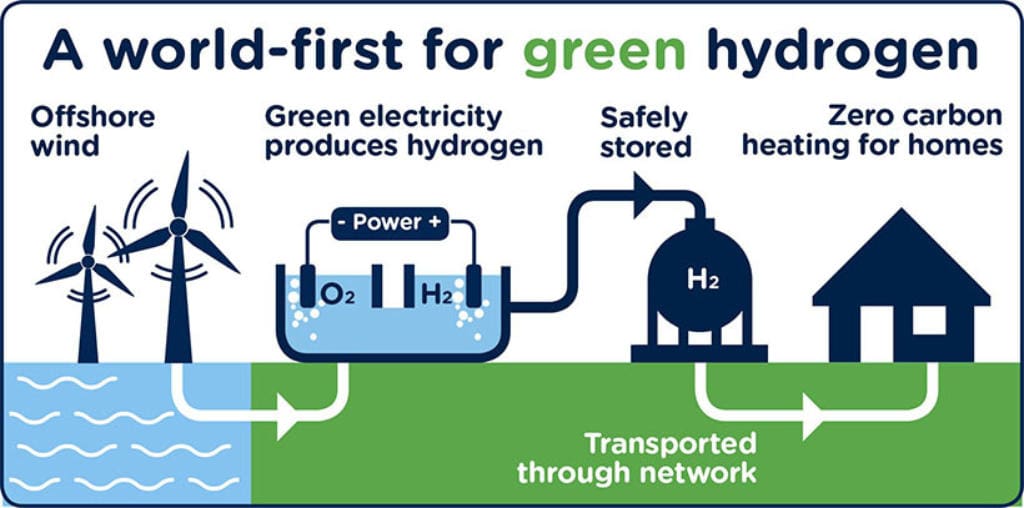The most common energy breakthroughs, like electric cars and solar panels, are the most talked about innovations in the world. But other, lesser-known energy breakthroughs seem to miss the radar and seem to have more of an impact on the world than not. Let’s take a look at some of the most spectacular energy breakthroughs and discoveries out there. With all of these new energy breakthroughs emerging, we could see some spectacular advances in the environment and a greener future.
Hydrogen Energy

Hydrogen is indeed an often-underestimated element with remarkable potential, especially in the context of green energy and sustainability. As the simplest and most abundant element globally, it’s surprising that it doesn’t receive more attention from scientists and the public. Hydrogen holds the promise of revolutionizing industrial processes and energy storage by serving as a clean, readily producible energy source with minimal environmental impact.
In the realm of transportation, hydrogen fuels can significantly reduce emissions, leading to a more sustainable future. Light-duty highway vehicles, for example, could achieve emissions reductions ranging from more than 50% to over 90% when compared to today’s gasoline-powered vehicles. Similarly, the adoption of hydrogen-powered lift trucks could result in a substantial 35% reduction in emissions compared to current diesel and battery-powered alternatives. Given its abundance and remarkable potential, hydrogen’s role in green energy and sustainability is indeed an area that deserves more attention and exploration in scientific and technological breakthroughs. (Energy).
